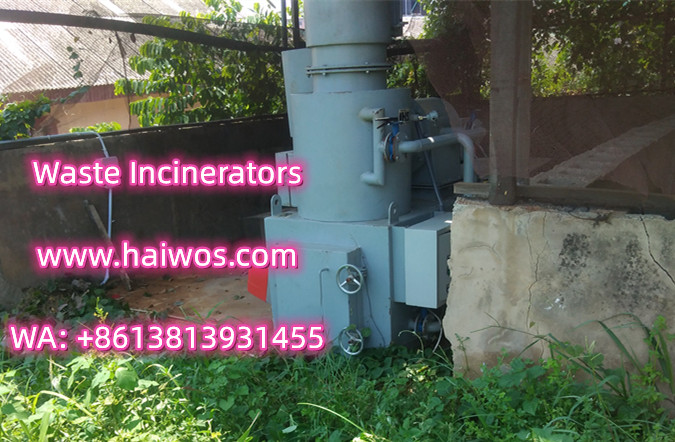Medical waste management is a critical aspect of the healthcare industry that ensures the safe and proper disposal of potentially infectious materials, pharmaceuticals, and other hazardous waste generated in healthcare settings. The management of medical waste is essential in preventing the spread of infections, protecting the environment, and ensuring the safety of healthcare workers and the public. In recent years, technology has played an increasingly important role in streamlining medical waste management, with the development of innovative tools and solutions that enhance efficiency, safety, and compliance with regulatory requirements.
One key area where technology has made a significant impact on medical waste management is in the process of waste segregation and packaging. Automated waste segregation systems use advanced sensors and sorting mechanisms to identify and separate different types of medical waste, thereby reducing the risk of cross-contamination and ensuring that each type of waste is properly handled and disposed of according to regulatory guidelines. These systems not only improve the accuracy and consistency of waste segregation but also minimize the manual labor required, saving time and reducing the risk of exposure to harmful substances.
Another important technological advancement in medical waste management is the development of waste tracking and management software. These digital tools enable healthcare facilities to monitor and track the generation, handling, and disposal of medical waste in real time, providing valuable insights into waste generation patterns, compliance with regulations, and opportunities for waste reduction and process optimization. Waste tracking and management software also helps healthcare facilities maintain accurate records and documentation, simplifying compliance with regulatory reporting requirements and demonstrating accountability for the proper management of medical waste.
In addition to waste segregation and tracking, technology has also revolutionized the treatment and disposal of medical waste. Advanced treatment technologies, such as autoclaving, microwave disinfection, and on-site sterilization systems, have been developed to minimize the volume of waste requiring off-site disposal and to ensure that treated waste meets safety and environmental standards. These technologies not only reduce the environmental impact of medical waste disposal but also offer cost savings and greater control over the management of waste streams.
Furthermore, the use of robotics and automation in medical waste management has led to improvements in the safety and efficiency of waste handling and transportation. Automated waste collection systems, robotic carts, and conveyor systems are increasingly being employed to streamline the movement of waste within healthcare facilities, reducing the manual labor involved and minimizing the risk of injuries and exposure to hazardous materials. These technologies also enhance the security of waste storage and transportation, reducing the likelihood of spills, leaks, and other safety incidents.
As the healthcare industry continues to evolve and face new challenges, the role of technology in streamlining medical waste management will only become more critical. Continued advancements in sensor technology, data analytics, and automation will further enhance the efficiency, safety, and sustainability of medical waste management, enabling healthcare facilities to meet their waste management obligations while reducing costs and environmental impacts. By embracing the latest tools and solutions, healthcare providers can ensure the safe and responsible disposal of medical waste, protecting the health and well-being of patients, staff, and the wider community.



